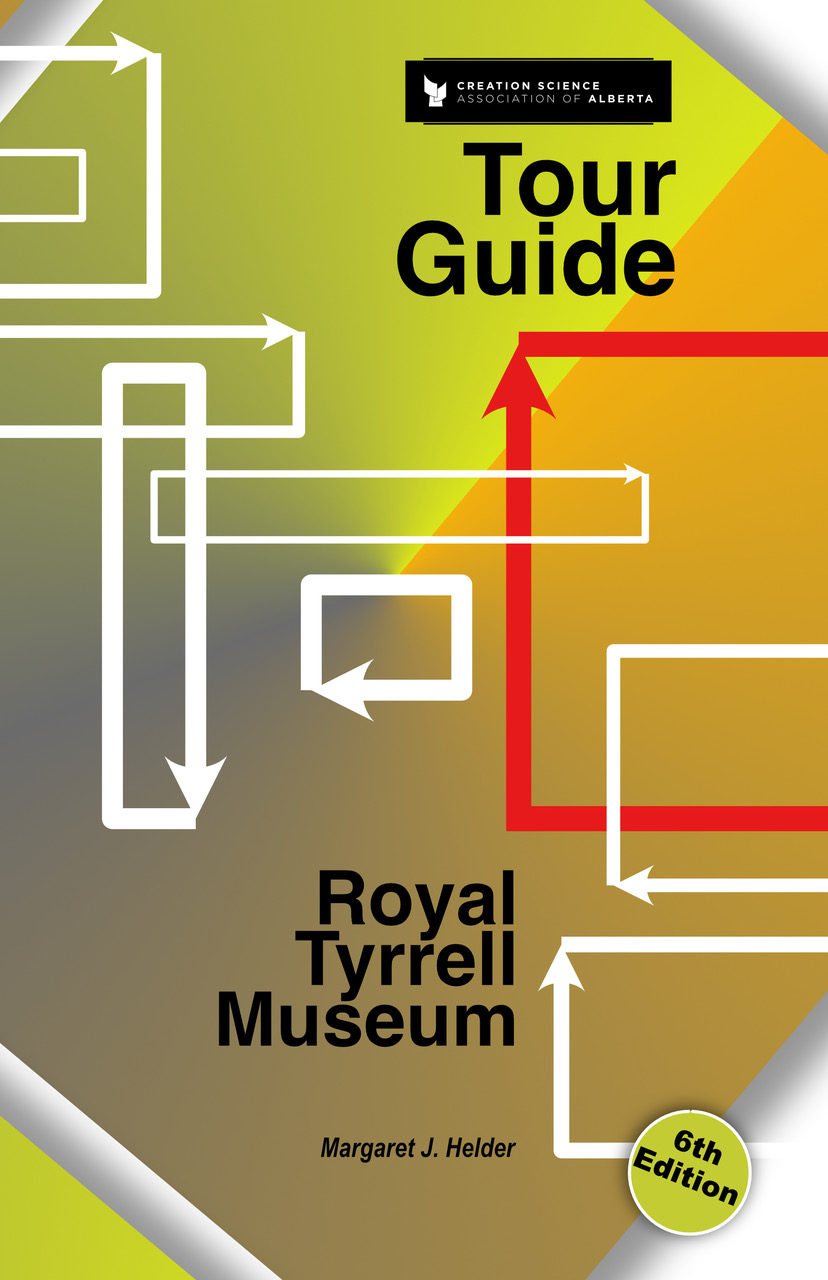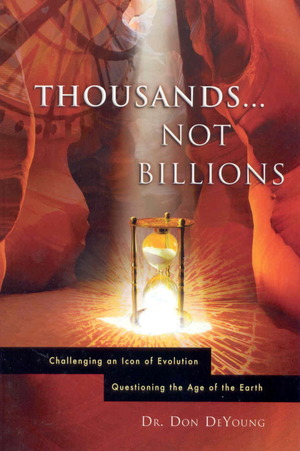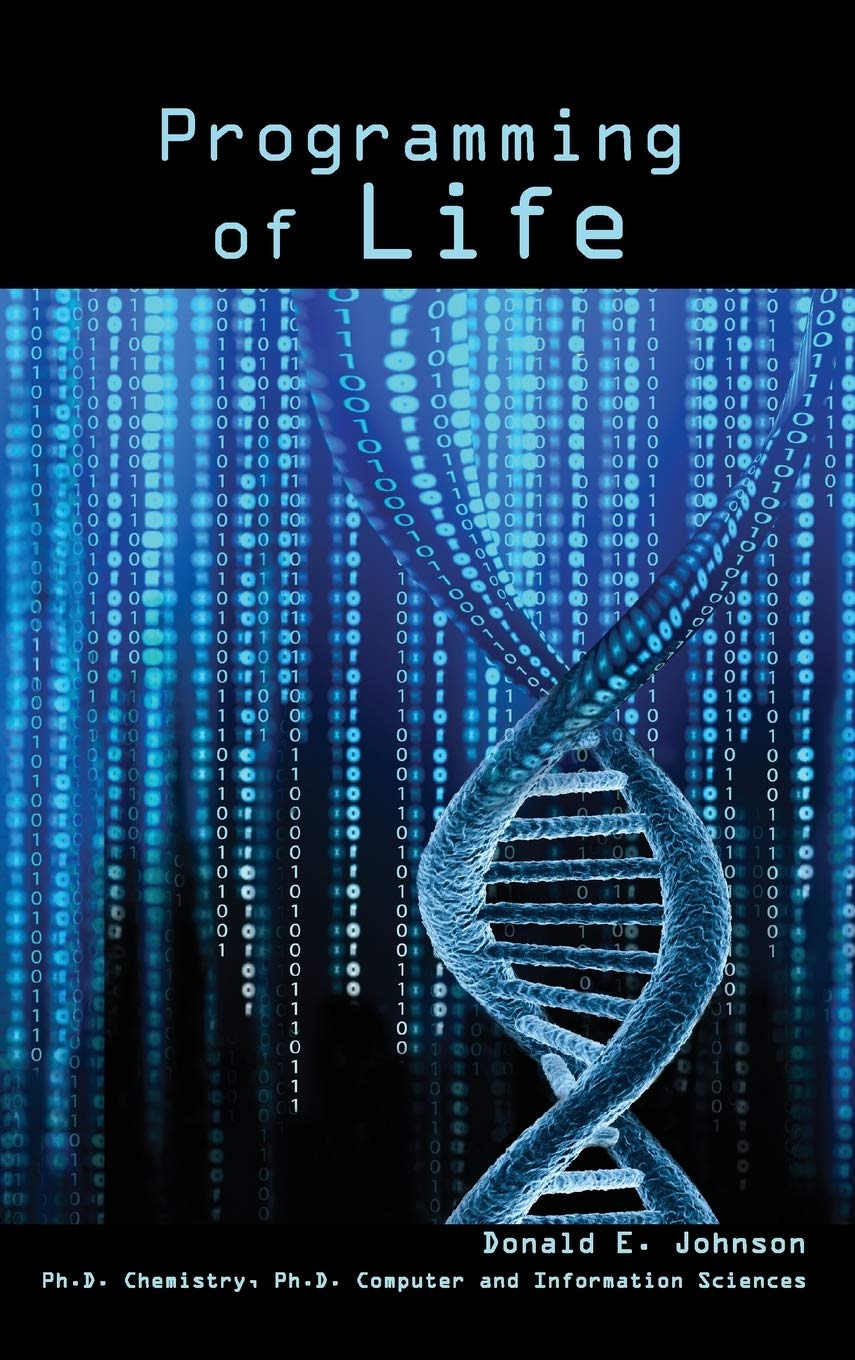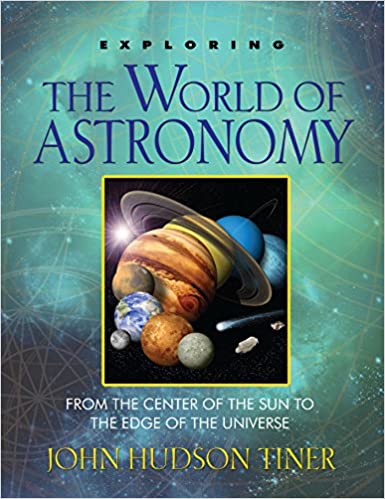November 2021
Subscribe to Dialogue
FEATURED BOOKS AND DVDS
Paperback / $6.00 / 55 Pages
Most scientists insist that the only explanations that are allowed in science involve only matter and processes (which in the case of geology, biology and cosmology will produce their effects over long periods of time.)
In short, most people define science as not allowing any conclusions which involve observing the need for intelligence, information or any non-material phenomenon. More specifically, these people choose to ignore any instance of the work of God in nature.
Authors Stephen Meyer and Paul Nelson advocate for a different approach instead of methodological naturalism: “scientists may wish to consider the possibility that a designing or creative intelligence played a discernible [able to be perceived] and causal role in the history of life — and that such a theory may provide a better explanation than materialistic theories for the origin of biological form and information. After all, shouldn’t the evidence rather than an abstract rule like methodological naturalism decide the outcome of a scientific investigation?” [ in Stephen Meyer, Christopher Shaw, Ann Gauger, and Wayne Grudem (editors). 2017. Theistic Evolution. Crossway. See p. 566]
There are obviously situations in which everyone expects to interpret observations in terms of matter and physical processes. Obviously, we expect observations of current phenomena and conclusions from current experiments to reflect natural process. Nobody would be impressed if one blamed a failed experiment on divine intervention, for example!
Similarly, there are situations where the methodological rule does not make sense. Pertaining to past history which we cannot repeat, it does not make sense to rule out any possible explanation such as the work of God.
Order OnlinePaperback / $14.00 / 200 Pages
Most scientists insist that the only explanations that are allowed in science involve only matter and processes (which in the case of geology, biology and cosmology will produce their effects over long periods of time.)
In short, most people define science as not allowing any conclusions which involve observing the need for intelligence, information or any non-material phenomenon. More specifically, these people choose to ignore any instance of the work of God in nature.
Authors Stephen Meyer and Paul Nelson advocate for a different approach instead of methodological naturalism: “scientists may wish to consider the possibility that a designing or creative intelligence played a discernible [able to be perceived] and causal role in the history of life — and that such a theory may provide a better explanation than materialistic theories for the origin of biological form and information. After all, shouldn’t the evidence rather than an abstract rule like methodological naturalism decide the outcome of a scientific investigation?” [ in Stephen Meyer, Christopher Shaw, Ann Gauger, and Wayne Grudem (editors). 2017. Theistic Evolution. Crossway. See p. 566]
There are obviously situations in which everyone expects to interpret observations in terms of matter and physical processes. Obviously, we expect observations of current phenomena and conclusions from current experiments to reflect natural process. Nobody would be impressed if one blamed a failed experiment on divine intervention, for example!
Similarly, there are situations where the methodological rule does not make sense. Pertaining to past history which we cannot repeat, it does not make sense to rule out any possible explanation such as the work of God.
Order OnlineHardcover / $18.00 / 94 Pages / full colour
Most scientists insist that the only explanations that are allowed in science involve only matter and processes (which in the case of geology, biology and cosmology will produce their effects over long periods of time.)
In short, most people define science as not allowing any conclusions which involve observing the need for intelligence, information or any non-material phenomenon. More specifically, these people choose to ignore any instance of the work of God in nature.
Authors Stephen Meyer and Paul Nelson advocate for a different approach instead of methodological naturalism: “scientists may wish to consider the possibility that a designing or creative intelligence played a discernible [able to be perceived] and causal role in the history of life — and that such a theory may provide a better explanation than materialistic theories for the origin of biological form and information. After all, shouldn’t the evidence rather than an abstract rule like methodological naturalism decide the outcome of a scientific investigation?” [ in Stephen Meyer, Christopher Shaw, Ann Gauger, and Wayne Grudem (editors). 2017. Theistic Evolution. Crossway. See p. 566]
There are obviously situations in which everyone expects to interpret observations in terms of matter and physical processes. Obviously, we expect observations of current phenomena and conclusions from current experiments to reflect natural process. Nobody would be impressed if one blamed a failed experiment on divine intervention, for example!
Similarly, there are situations where the methodological rule does not make sense. Pertaining to past history which we cannot repeat, it does not make sense to rule out any possible explanation such as the work of God.
Order OnlineDVD / $16.00 / 44 Minutes
Most scientists insist that the only explanations that are allowed in science involve only matter and processes (which in the case of geology, biology and cosmology will produce their effects over long periods of time.)
In short, most people define science as not allowing any conclusions which involve observing the need for intelligence, information or any non-material phenomenon. More specifically, these people choose to ignore any instance of the work of God in nature.
Authors Stephen Meyer and Paul Nelson advocate for a different approach instead of methodological naturalism: “scientists may wish to consider the possibility that a designing or creative intelligence played a discernible [able to be perceived] and causal role in the history of life — and that such a theory may provide a better explanation than materialistic theories for the origin of biological form and information. After all, shouldn’t the evidence rather than an abstract rule like methodological naturalism decide the outcome of a scientific investigation?” [ in Stephen Meyer, Christopher Shaw, Ann Gauger, and Wayne Grudem (editors). 2017. Theistic Evolution. Crossway. See p. 566]
There are obviously situations in which everyone expects to interpret observations in terms of matter and physical processes. Obviously, we expect observations of current phenomena and conclusions from current experiments to reflect natural process. Nobody would be impressed if one blamed a failed experiment on divine intervention, for example!
Similarly, there are situations where the methodological rule does not make sense. Pertaining to past history which we cannot repeat, it does not make sense to rule out any possible explanation such as the work of God.
Order OnlinePaperback / $22.00 / 171 Pages / black and white illustrations
Most scientists insist that the only explanations that are allowed in science involve only matter and processes (which in the case of geology, biology and cosmology will produce their effects over long periods of time.)
In short, most people define science as not allowing any conclusions which involve observing the need for intelligence, information or any non-material phenomenon. More specifically, these people choose to ignore any instance of the work of God in nature.
Authors Stephen Meyer and Paul Nelson advocate for a different approach instead of methodological naturalism: “scientists may wish to consider the possibility that a designing or creative intelligence played a discernible [able to be perceived] and causal role in the history of life — and that such a theory may provide a better explanation than materialistic theories for the origin of biological form and information. After all, shouldn’t the evidence rather than an abstract rule like methodological naturalism decide the outcome of a scientific investigation?” [ in Stephen Meyer, Christopher Shaw, Ann Gauger, and Wayne Grudem (editors). 2017. Theistic Evolution. Crossway. See p. 566]
There are obviously situations in which everyone expects to interpret observations in terms of matter and physical processes. Obviously, we expect observations of current phenomena and conclusions from current experiments to reflect natural process. Nobody would be impressed if one blamed a failed experiment on divine intervention, for example!
Similarly, there are situations where the methodological rule does not make sense. Pertaining to past history which we cannot repeat, it does not make sense to rule out any possible explanation such as the work of God.
Order Online







